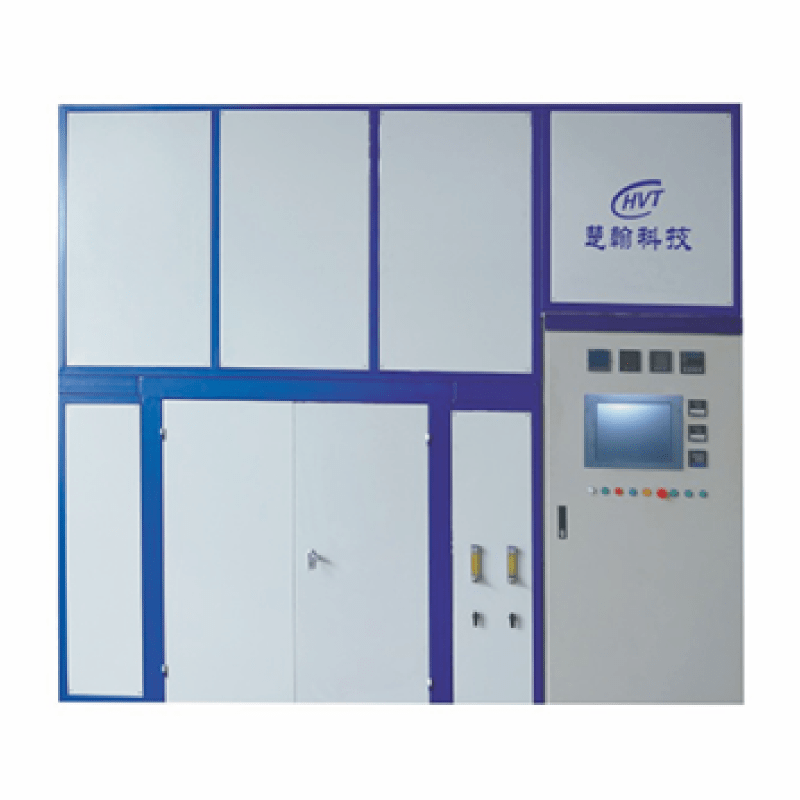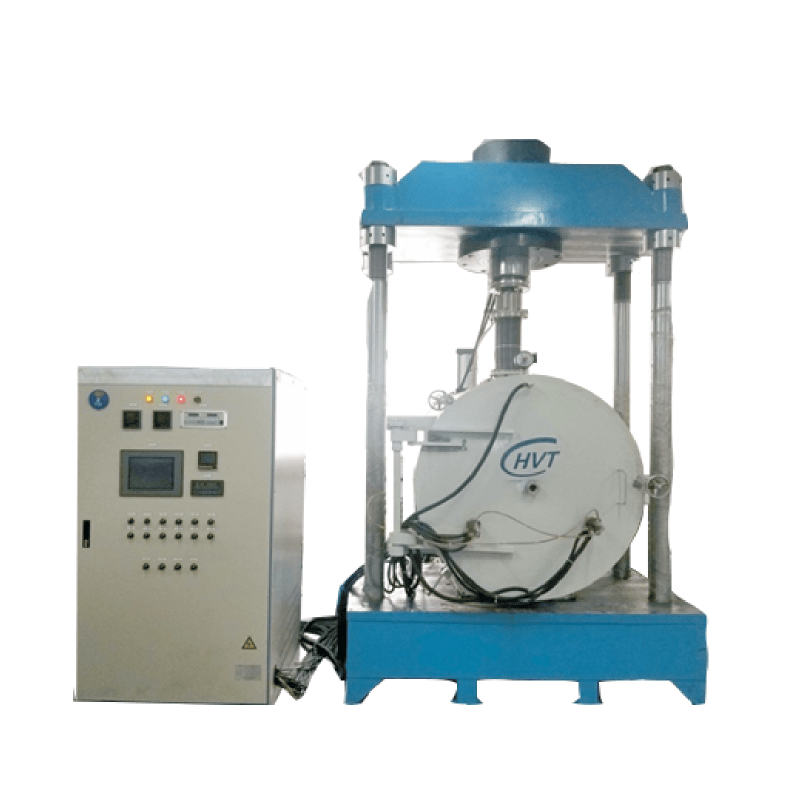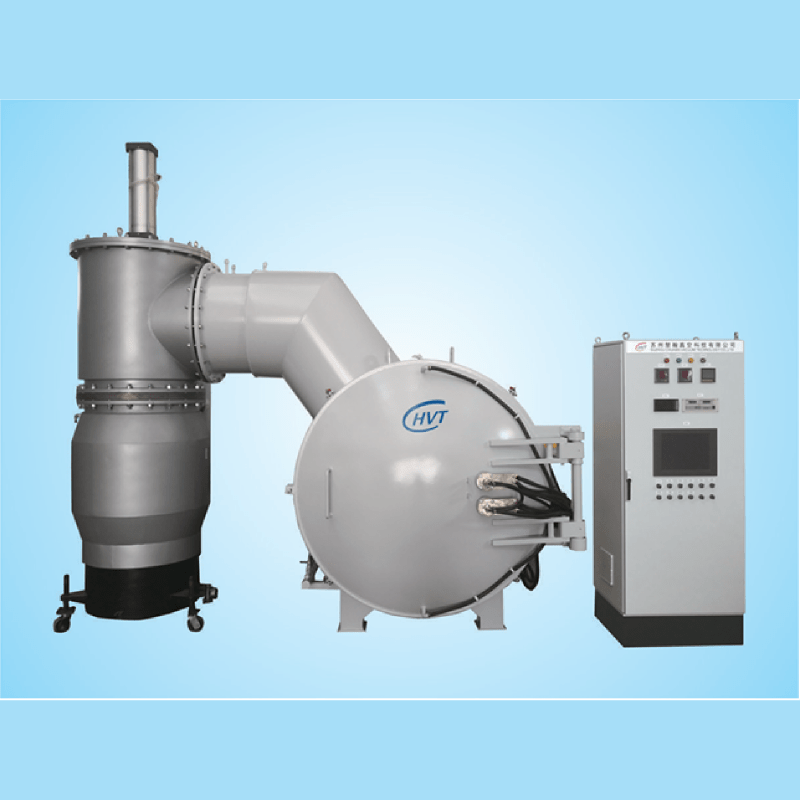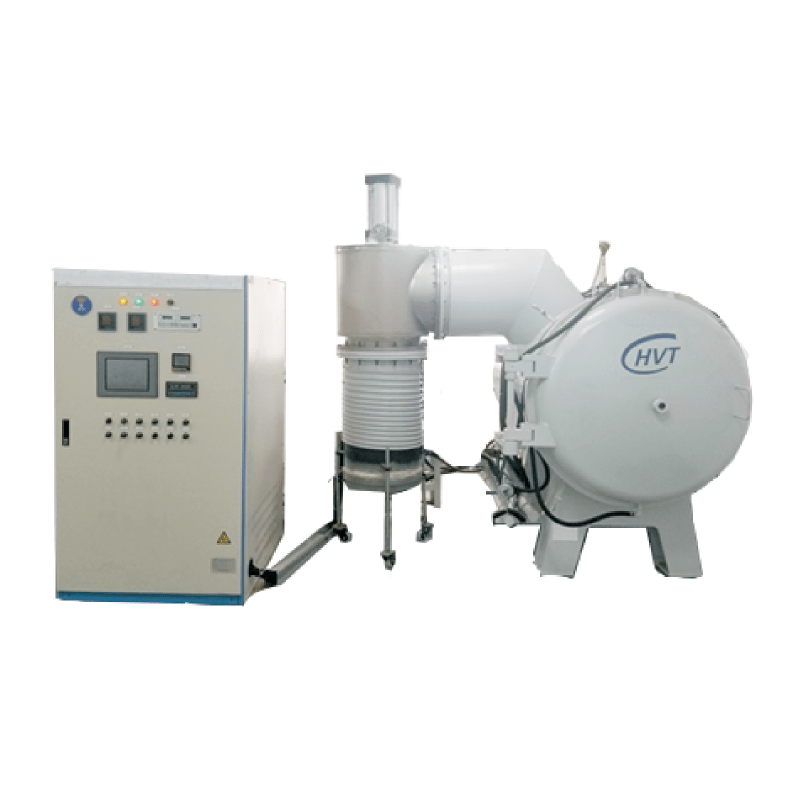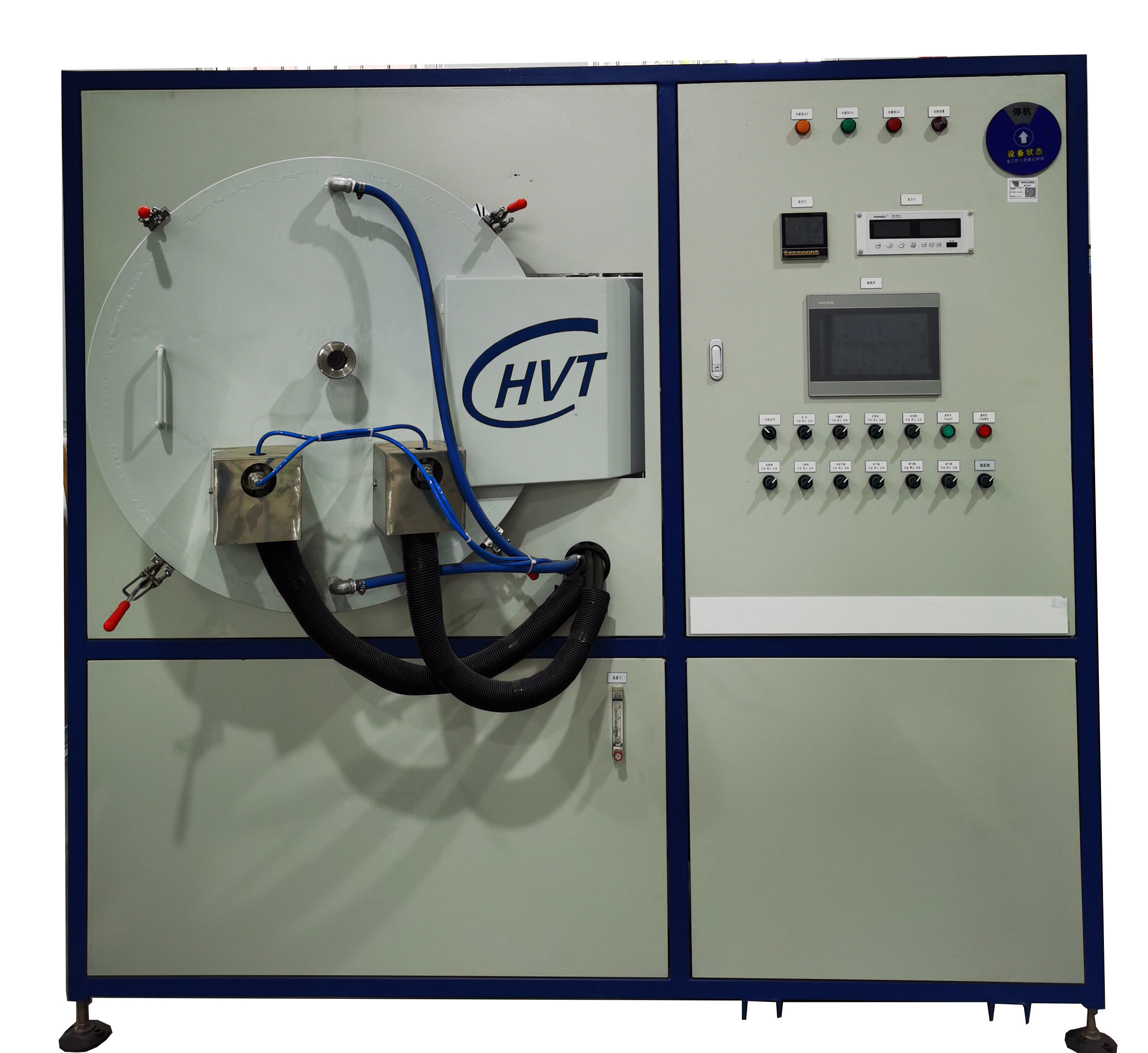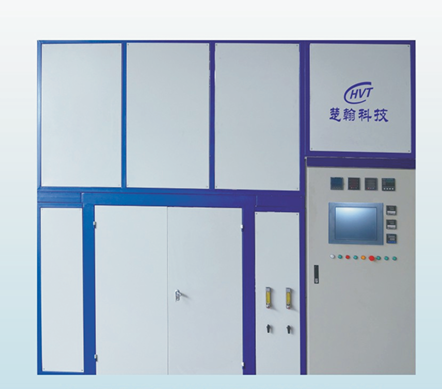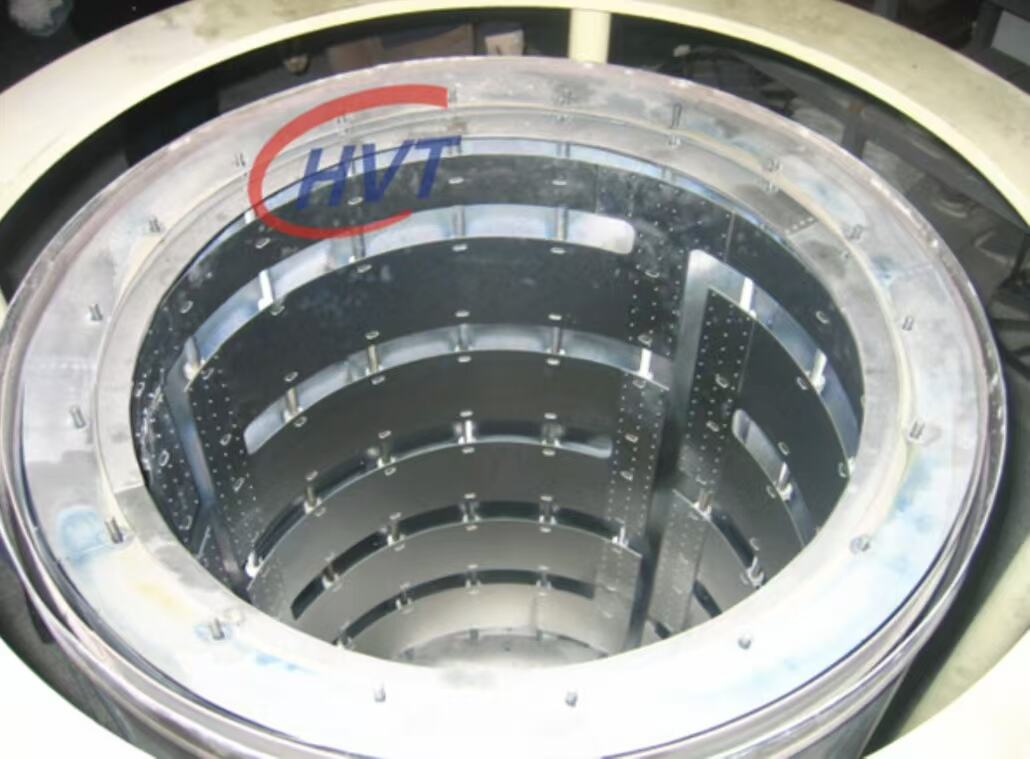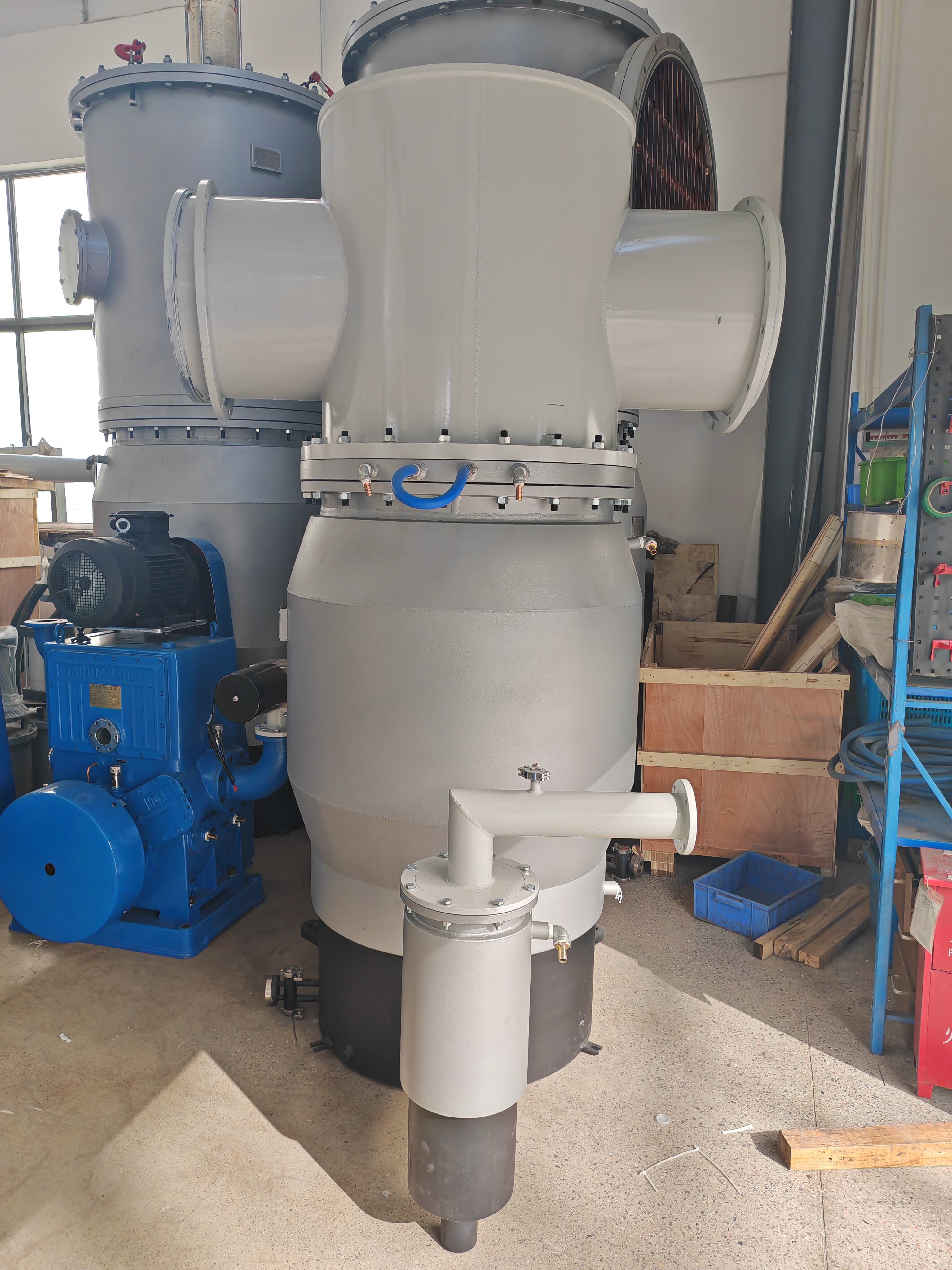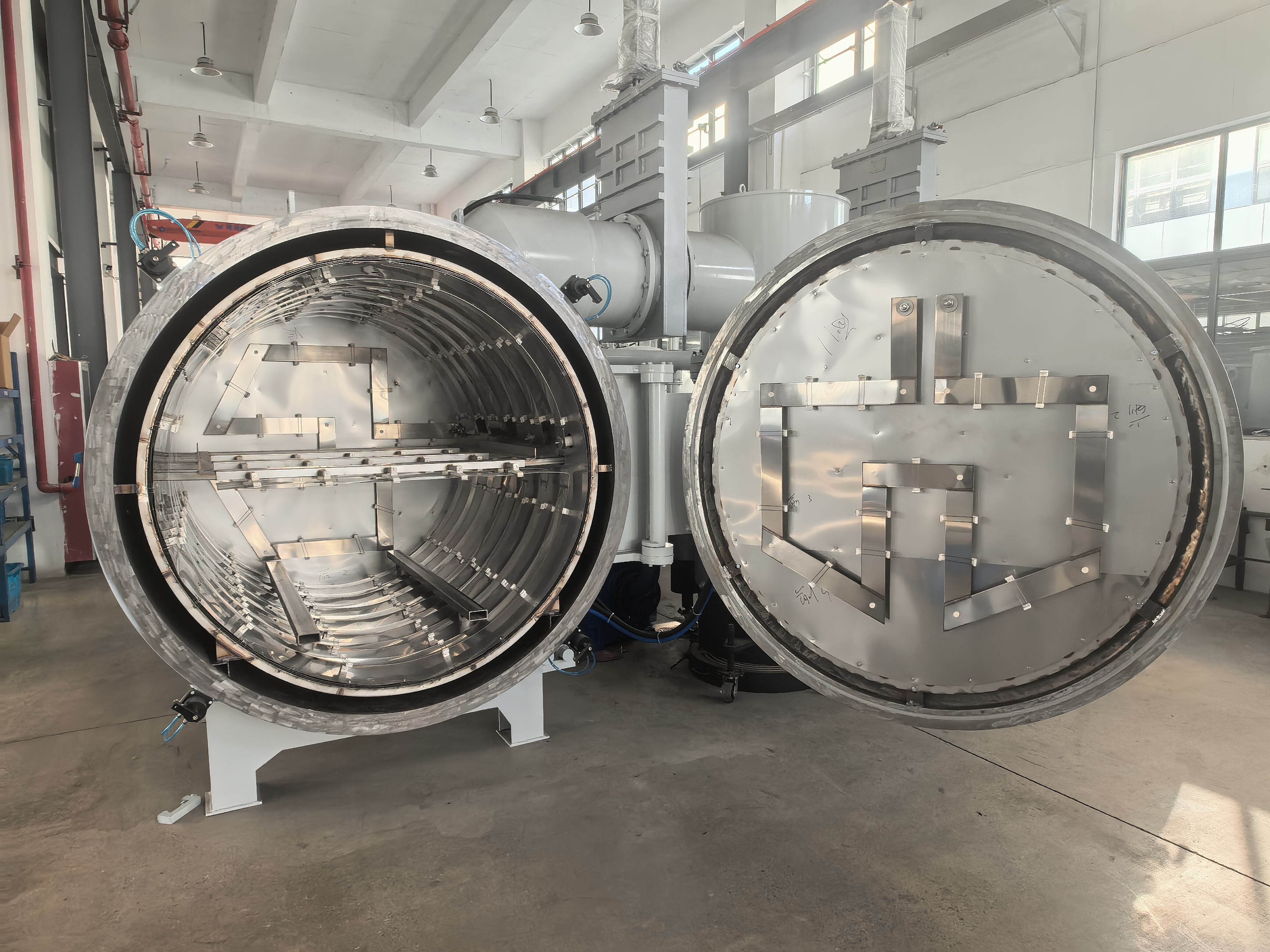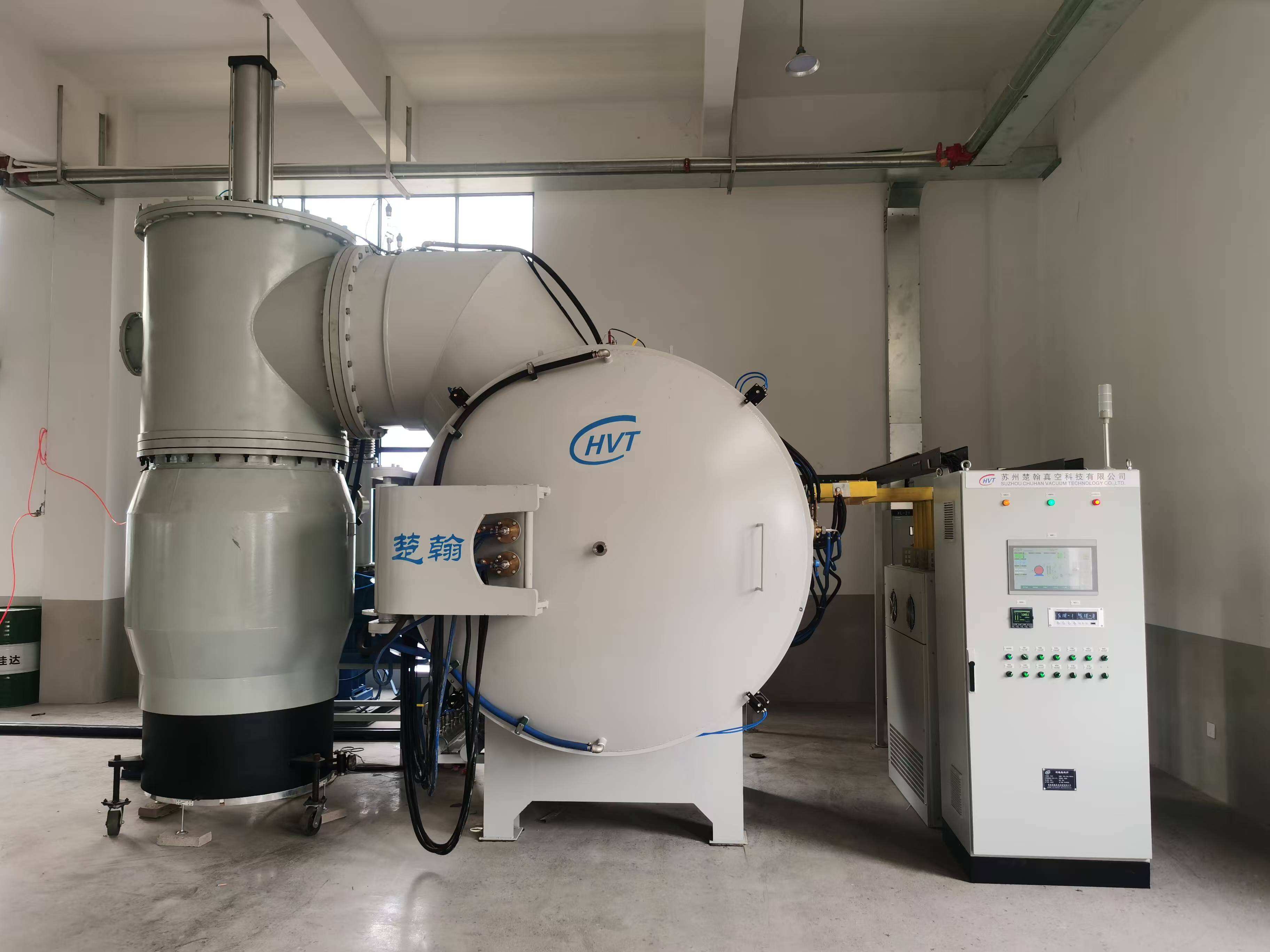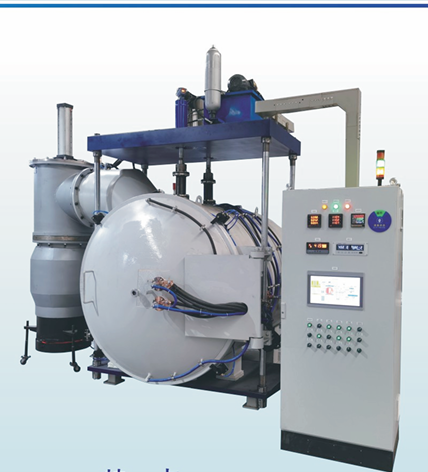induction melting metal
Induction melting metal technology represents a groundbreaking advancement in metallurgical processes, utilizing electromagnetic induction to heat and melt various metals with exceptional precision and efficiency. This sophisticated process employs alternating current passing through a coil, generating electromagnetic fields that induce eddy currents within the metal, resulting in rapid and uniform heating. The technology offers precise temperature control, enabling operators to achieve and maintain specific melting points crucial for different metal types. The system's core components include the power supply unit, water cooling system, and the induction coil, working in harmony to ensure optimal performance. Modern induction melting systems incorporate advanced digital controls, allowing for automated operation and real-time monitoring of critical parameters. This technology finds extensive applications across various industries, from foundries and metal recycling facilities to aerospace manufacturing and precious metal processing. The process is particularly valuable for its ability to handle both ferrous and non-ferrous metals, making it versatile for different manufacturing needs. The controlled environment of induction melting also ensures minimal oxidation and contamination, resulting in higher quality metal output. Additionally, the technology's energy efficiency and reduced environmental impact make it an increasingly popular choice for sustainable manufacturing practices.

